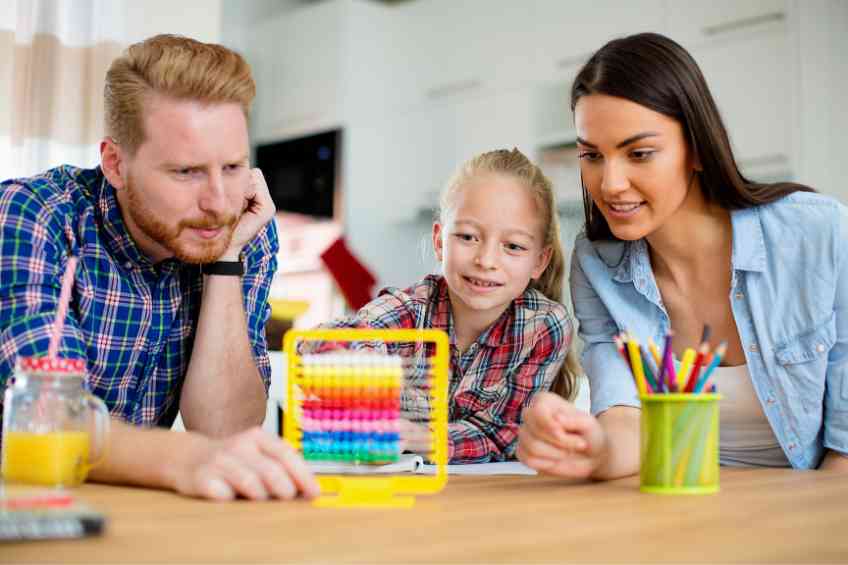By John Salak –
Anyone looking to give a young one a leg up in math may want to turn to some old-time board games. Traditional winners like Monopoly, Othello and Chutes & Ladders stand to give children ages three to nine a boost in developing numerical skills, a recent study reported.
The impact should not be surprising since traditional board games are already known to enhance learning and development including reading and literacy. The new study headed by Dr. Jaime Balladares from Pontificia Universidad Católica in Chile, however, revealed that number-based board games helped these children improve counting, addition and the ability to recognize if a number is higher or lower than another.
“Board games enhance mathematical abilities for young children,” said Balladares. “Using board games can be considered a strategy with potential effects on basic and complex math skills. Board games can easily be adapted to include learning objectives related to mathematical skills or other domains.”
The researchers noted that the children in their study specifically benefitted from programs where they played board games a few times a week supervised by a teacher or another trained adult. Unfortunately, the research team noted that preschools rarely use board games.
The study headed by Balladares based its findings on a review of 19 studies published from 2000 onward involving children aged from three to nine years. All except one study focused on the relationship between board games and mathematical skills.
All children participating in the studies received special board game sessions or interventions, which took place on average twice a week for 20 minutes over one-and-a-half months. Teachers, therapists, or parents were among the adults who led these sessions.
Results showed that math skills improved significantly after the sessions among children for more than half, 52 percent, of the tasks were analyzed. In nearly a third of cases, children in the intervention groups gained better results than those who did not take part in the board game sessions.
“Future studies should be designed to explore the effects that these games could have on other cognitive and developmental skills,” Balladares added. “An interesting space for the development of intervention and assessment of board games should open up in the next few years, given the complexity of games and the need to design more and better games for educational purposes.”













